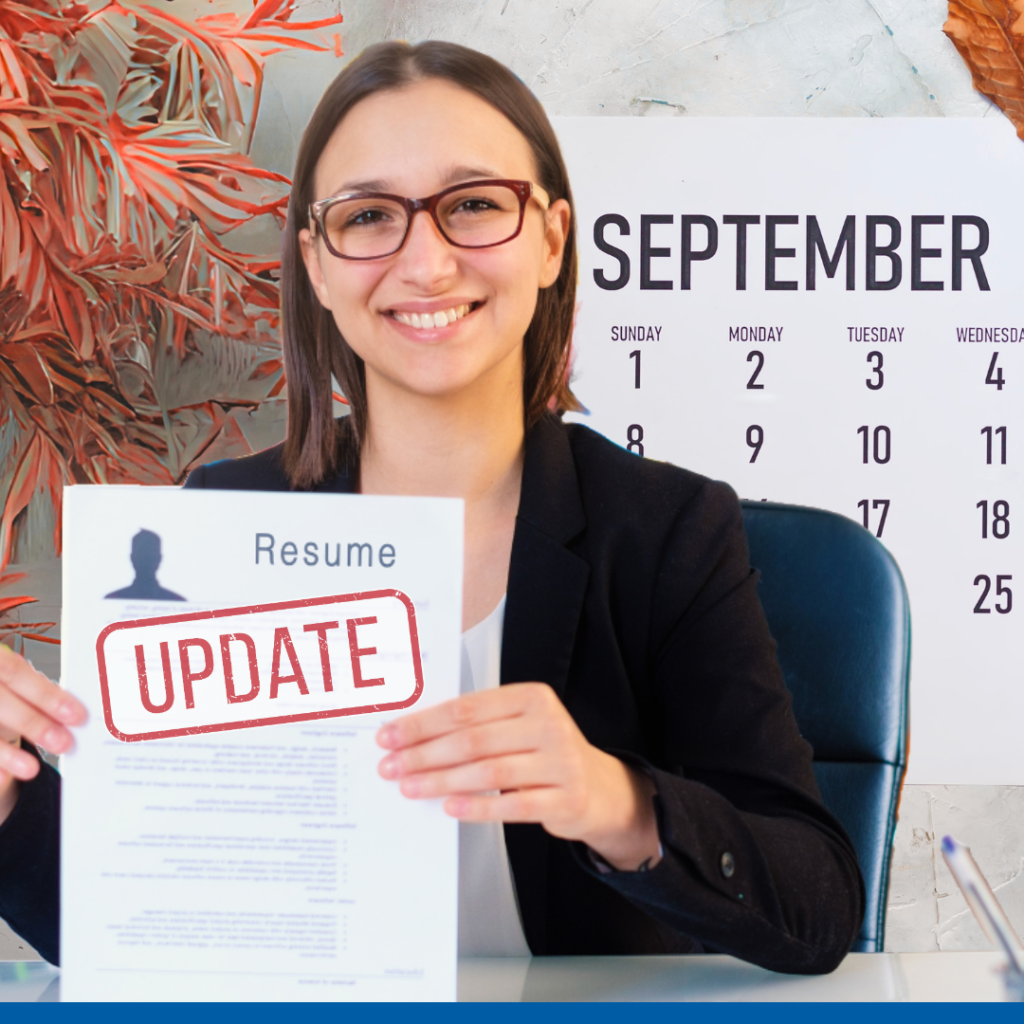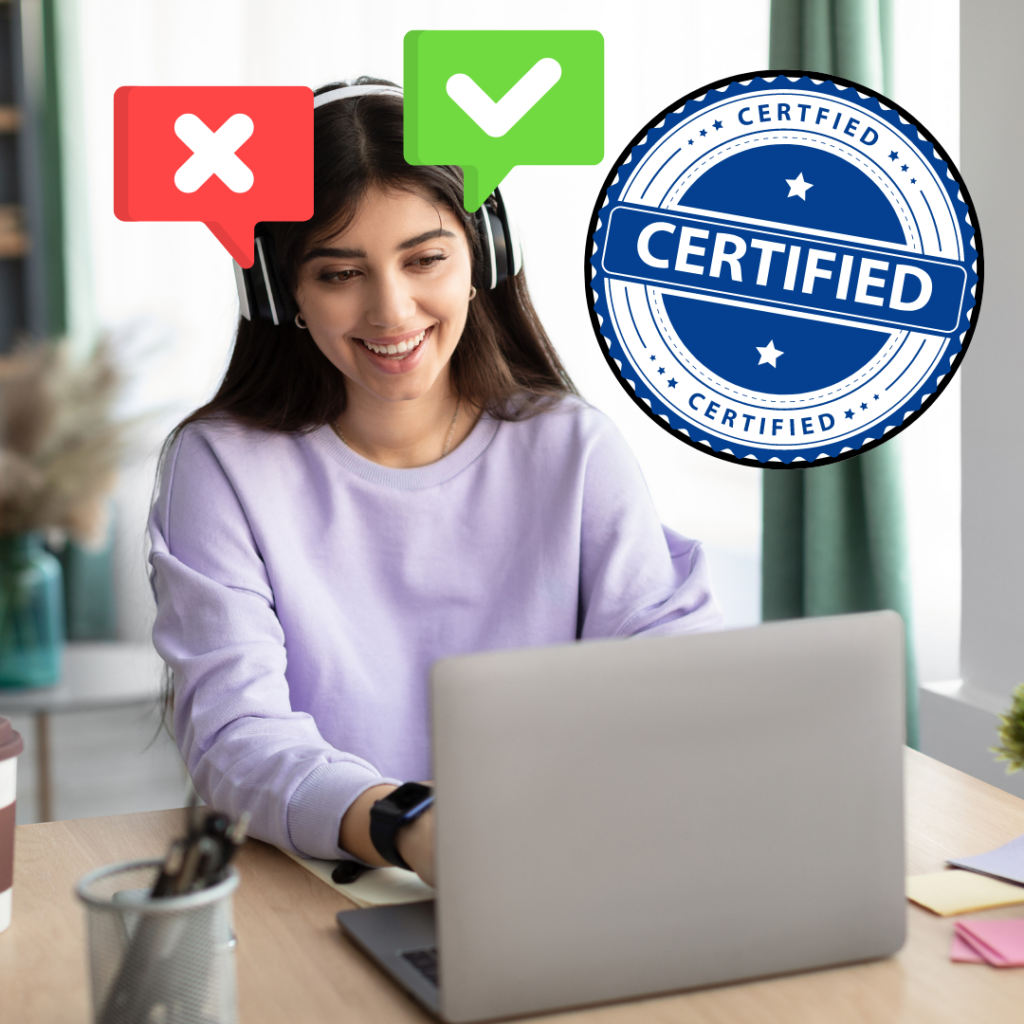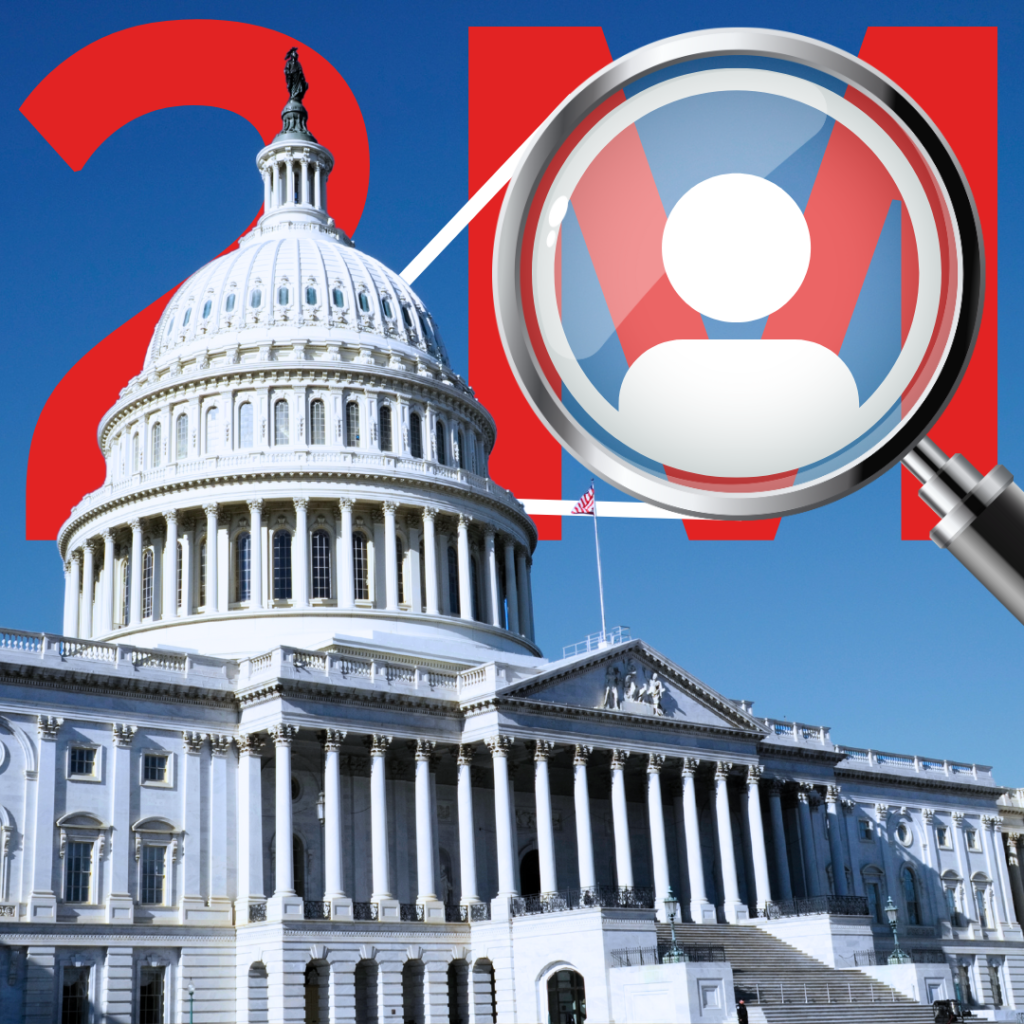Many of us fantasize about quitting our jobs—usually in a moment of pique or fear. Over the last several weeks, many federal employees I have spoken with are seriously considering their options. Before quitting impulsively, consider the following:
- Do you have a real plan? Have you mapped out your job search strategy? Have you assessed exactly what you’re looking for in your next job? Are you willing to move if necessary? Go into an office fulltime? Before you start to look for your next position, decide what is most important to you so you have clear parameters for your search.
- Do you have another job lined up? If not, how quickly (realistically) do you think you can land another job? Can you afford to be unemployed? If so, for how long? Do you have high monthly payments? Have you created a budget?
- Are your salary expectations for your next role realistic? No hiring manager cares what you “need” to make…they’re only interested in what they think the job (and you) are worth. If you work in a niche industry (such as astrophysicist) or high demand occupation (like cybersecurity), you’re more likely to be able to negotiate a high salary.
- Is your resume updated and your LinkedIn robust? These are critical tools in every job seeker’s toolbox.
- Have you removed your personal documents, emails, and contact information from work systems? If not, this is something you want to do before announcing your resignation. And of course, you’ll need to follow your organization’s rules regarding what documents belong to the organization.
- Determine if there are ethics / conflict of interest rules which need to be followed as you search for your next role? Make sure you understand any restrictions on your search before getting started.
- Review your medical and other benefits. How will you cover your health insurance if you are unemployed? Yes, you will likely be eligible for COBRA but do know that premiums may be much higher than what you ar used to. Have you taken a loan against your 401 (k) or Thrift Savings Plan (TSP)? How will you repay it? What are your options to rollover your 401 (k)?
- Is this the right time to leave? Have you appropriately considered your options? What do you have to lose /gain by leaving? Would some time off help you gain some perspective?
Whatever you decide, make sure that your decision is well considered and if you do decide to leave, do so with grace and professionalism.






